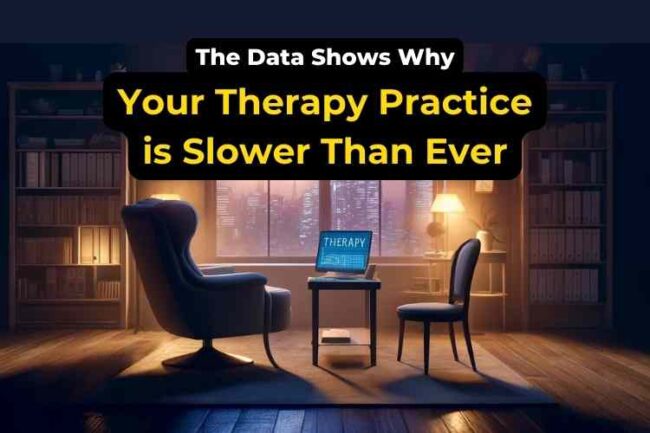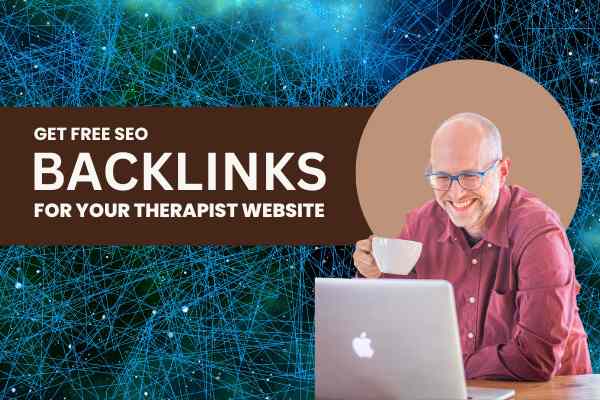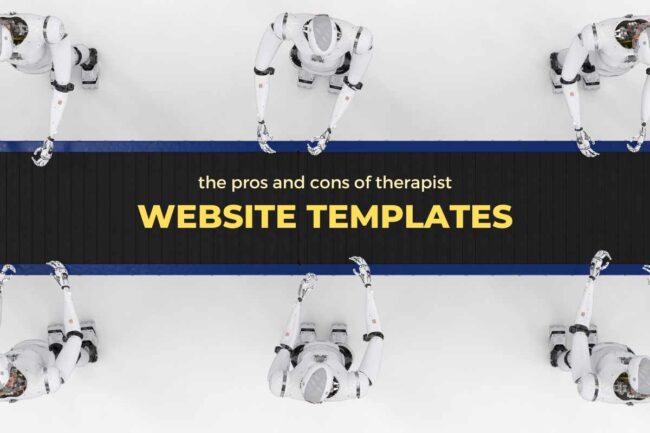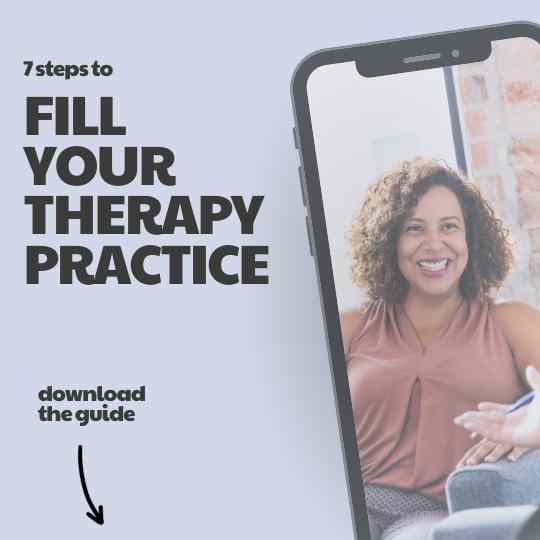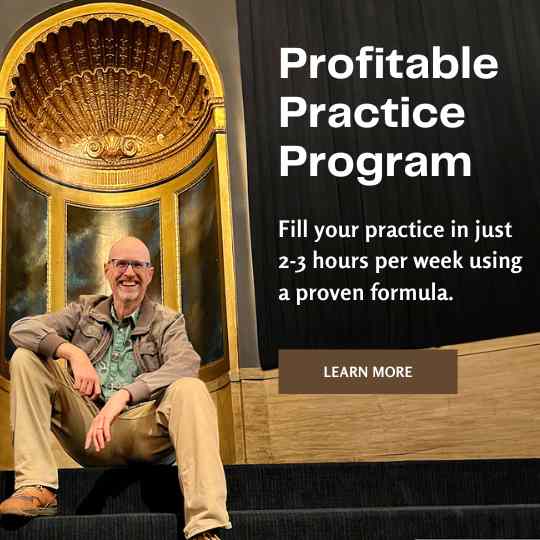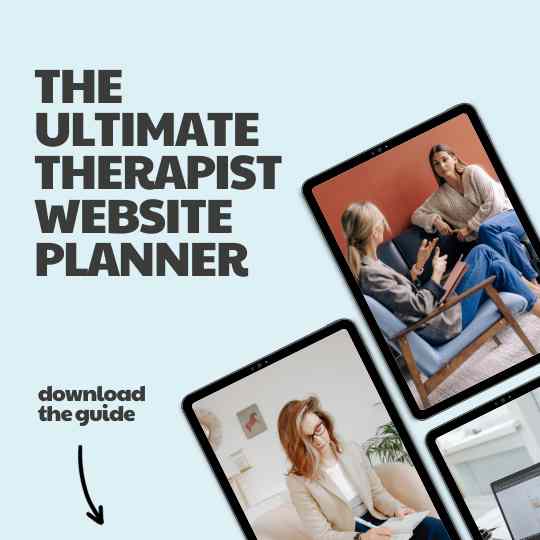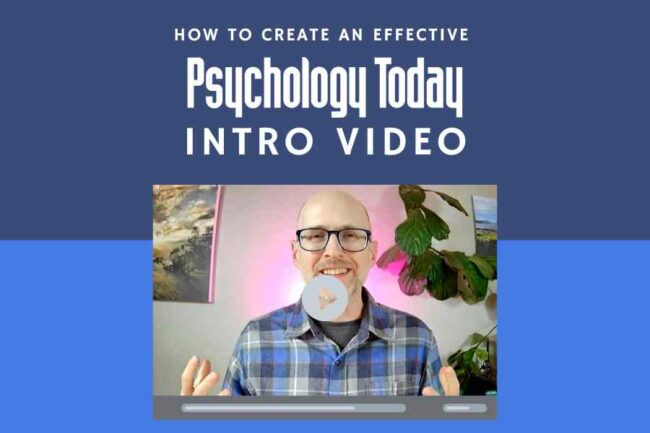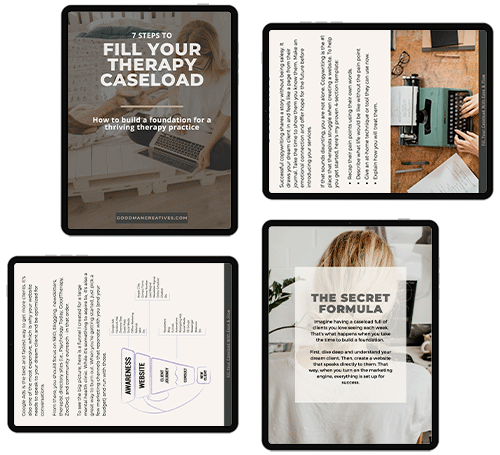On average, small business owners are now spending around $75,000 a year on digital marketing. Needless to say, startups are hustling to try to keep up.
If you’re not able to spend that much on marketing, a few well-designed website pages will ensure that you get the attention you deserve. If you don’t skimp on making the most important website pages shine, you’ll convert visitors into clients with no effort at all. Here are the five most important pages on your site.
 1. Contact
1. Contact
The most important page that your site needs to have is one that lists all of your contact information. On every page, you should widgets in the corner for getting in touch via social media. If you don’t have a way for your customers to find you, you might as well be running your business from under a rock.
A contact page is more than just a list of your location, your email address, and your phone number.
Your contact page should also have a live form where people can ask you questions directly. Depending on the size of your brand, you should consider having a live chat module there too. Having a live chat for your customers shows them that you care about their concerns anytime, day or night.
A contact page is sometimes the first and only page that your customers will go to. They want to talk to a human and get an answer to a question. You don’t want to give them the runaround, so make sure that your phone number is also an active link that can be tapped on their smartphones.
Contacting you can turn a curious potential customer into a loyal one with very little effort.
. . .
2. Online Shop or Where To Buy
If someone hears about your products and services, don’t make it hard for them to find your products. If you send them Amazon or another online retailer, you know you’re going to lose a percentage of that sale. Instead, give them the option to buy directly to you or from a shop that you direct them to.
While your products might be available at physical locations around the globe, there are a few that mean more to you than others. Make sure to list those locations.
Even better, you can include an interactive map or a zip code search button to allow your customers to find a shop close to them.
Running an online shop can entail a lot of overhead. If you don’t have the equipment to set up ordering and to process orders, it could be more trouble than it’s worth.
That doesn’t mean you shouldn’t have an e-commerce link on your site.
You can get an order fulfillment company to help you send out your products instead of handling it all yourself. Just having the opportunity to buy products on your site is enough to get some customers to try you out.
. . .
3. Your Story
When people visit your site, they usually already have a passing familiarity with your products and services. If they’ve taken the time to look you up and check out your website, they want to find a page that tells them more about your company.
If you’re a family run business that’s sustainable and eco-friendly, get right to that right away. Those are selling points to a lot of your potential audience. You also need to let them know what separates you from the rest of the pack.
Customers and general audiences like to learn about the people they work with.
Don’t be afraid to talk about why you started your business and what drives you to succeed. We live in an era where people follow their doctors, masseuses, and politicians on social media.Share your story and make it sincere. Add links to your personal or the owners’ social media to get people engaged and hooked on your brand.
How Therapists Can Share Their Story
Therapists can share their personal stories on their websites while maintaining professionalism by focusing on their journey to becoming a therapist, emphasizing empathy, and using a professional tone. They should avoid disclosing overly personal or sensitive information and strictly uphold boundaries between their personal and professional lives.
By framing their personal stories in a way that highlights a client-centered approach and respects ethical guidelines, therapists can connect with potential clients on a relatable level while demonstrating their expertise and commitment to therapy. Sharing testimonials and case studies, when appropriate and anonymized, can further illustrate their professionalism and effectiveness in helping others.
4. A Separate Blog
A blog is one of the best tools that any company can have in the modern era. When people use a search engine, they’re often looking for the answer to a question or for a specific product. Blog posts can cover both bases by answering common questions with a solution that leads to your products and services.
Having a blog connected to your URL is good for your SEO as well.
SEO rankings determine how often and how soon you come up in search results online.
When you have a URL that has frequent updates with quality content, you show that you’re offering something good to the internet community at large. Since building the internet is a community effort, you get rewarded with hir rankings on search engines for your blog.
Include the most important keywords and local terms in your blog posts and you’ll start capturing your local audience easily.
. . .
5. Of Course Your Homepage
Not to be overlooked, your front page is your first impression when someone visits your URL.
The homepage of your site should give visitors a sense of what you’re about as soon as it loads. While some companies like to go for flashy animations and slideshows that attract eyeballs, that’s not the approach for everyone. High-end fashion sites or restaurants might want something a little more low-key and minimal. Minimal website design is in right now. it allows you to showcase the best images of your products and services without any distractions or the need to be flashy.
Homepages on websites for therapists should start by creating a personal connection with the visitor. They should identify their pain points and make their dream client feel like they are reading a page out of their journal. Then, the therapist website should show what life would be like without the issue. Finally, you get to introduce your therapy modalities. Anxiety. Depression. Trauma. CBT. IFS. Whatever you do, once you build trust, you get to offer it as a solution to their problem, rather than simply a service you provide. Oh, and don’t forget to put a little bio of yourself at the bottom with a link to your about page.
. . .
Your Website Pages Need to Be Built For Viewers
Remember that your website pages aren’t meant to be designed for you, but your visitors. Keep your site mobile-optimized so that everything looks good on mobile devices to ensure you’re future-proofed.
If your site has already been created, you can find out the exact number of pages and know which of these pages are indexed by the search engine. Just use the Page Counter by Sitechecker.
If you’re not convinced that you need a blog yet, check out our guide for more reasons.


 1. Contact
1. Contact

